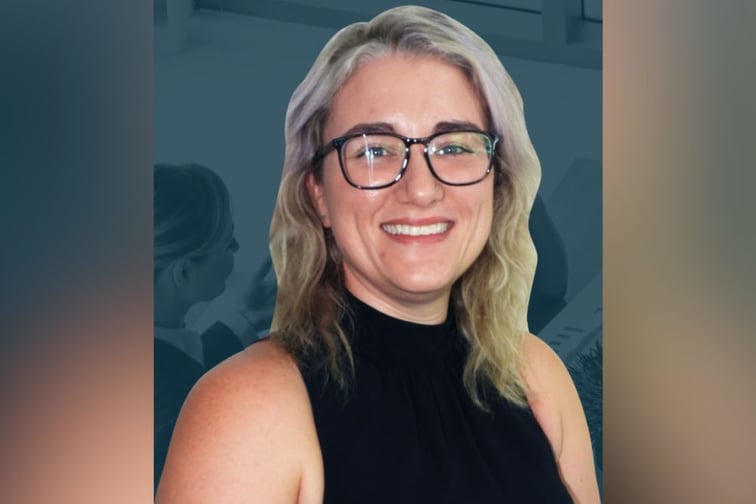

The talent crunch impacting much of the Australian economy, not just the insurance industry, is well documented. However, for an insurance business located in Darwin, the staffing challenges can be quite different to a similar firm in Sydney or Melbourne.
Kye Brown (pictured above) is Gallagher Bassett’s (GB) Darwin-based branch manager for the Northern Territory (NT). The global claims management firm opened an office in the NT capital in 2017. GB provides self-insurance claims management services to all Territory government staff from Darwin.
“We won a contract with the Northern Territory Government to manage its workers’ compensation claims,” said Brown, who grew up in the Darwin area and has worked in insurance related businesses for more than 15 years. “We manage the claims for any NT employee that’s hurt at work from the claim lodgement all the way through to, hopefully, recovery and return to work,” said Brown.
She said most of their team of 26 is in the Darwin office but three staff are in Alice Springs.
“I’d probably also say that recruitment in the NT can be a little bit more challenging and different than somewhere like Sydney,” she said. “We have a smaller industry and pool of talent but we work to adapt our needs to what we have in the community.”
Brown said when they need staff, GB’s preference is to focus on finding someone who is a “cultural fit.”
“We can always teach a person with the right drive the technical skills, the injury and case management skills and the legislation is what it is,” she said. “We pretty much only focus on that culture fit and making sure we’re bringing the right people into the business that are actually going to help people during their recovery - and we teach them the rest of it.”
In some ways, the NT is an environment of extremes – extremes of heat, isolation and natural beauty. Brown suggested the same characterisation can drive a decision to live and work there.
“Generally, in the Northern Territory, they’re either here for a short time or a long time, so it’s finding that out,” she said.
Brown said she has “a really good mix” of staff.
“More than half are born and bred in Darwin and so they might have left at one point and come back or they’ve been here the whole time,” she said. “We’ve got a couple of people that are from overseas or interstate, but everybody lives and is based here - we don’t have anyone that works remotely from interstate.”
When GB recruits staff for the NT, she said, they don’t often look outside the Territory.
“Most of our recruitment is done locally,” she said. “In my two years here we’ve only had two people who have been interstate applicants and they already had the intention of moving to Darwin, so that was already in their life plan.”
Interstate recruitment drives may not be the norm but she said GB encourages internal interstate staff to experience working in the NT.
“If something’s available and people want to have that opportunity to move that’s always encouraged and promoted,” she said.
That policy was put to good use when GB opened its Darwin office.
“I think more than half the team came from other areas of GB, which was fantastic,” said Brown.
She said a few people came from South Australia and Victoria and weren’t sure how long they would stay. “Three or years later and they were still in the Territory, so that’s pretty cool, once they got here, they stayed,” said Brown.
Across the insurance industry, some leaders are very conscious of the talent crunch.
When Steadfast CEO Robert Kelly spoke to IB from the recent Steadfast Convention in Perth he said “the questions that were the most salient” during his discussions there concerned how to nurture new talent.
“How can we get more talent into the insurance sector and how can we have a pathway for people to see this as a real profession and want to get into it?” Kelly said.
IB asked Kelly if industry peak bodies and the government could do more to help. He said it’s very difficult to get everybody to pull together.
“I think that everybody could do more, yes, including ourselves, including the network, including the insurers, including everybody,” Kelly said. “They all could start to actually really strive to make this a career that people want to come into.”
Are you an industry leader? How are you dealing with the talent crunch? Please tell us below.
